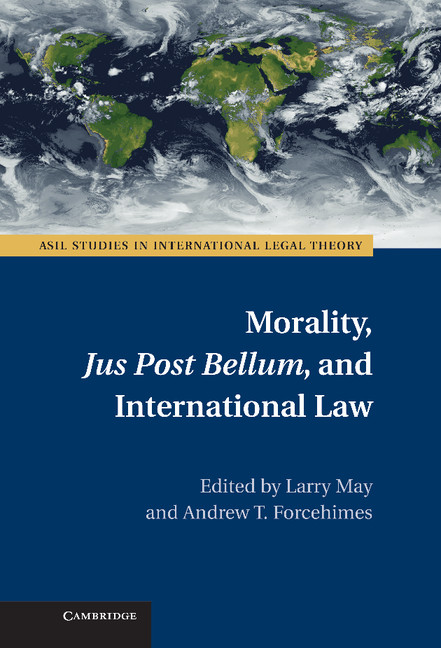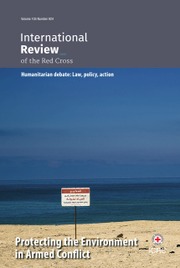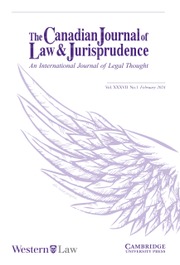Morality, Jus Post Bellum, and International Law
This collection of essays brings together some of the leading legal, political, and moral theorists to discuss the normative issues that arise when war concludes and when a society strives to regain peace. In the transition from war, mass atrocity, or a repressive regime, how should we regard the idea of democracy and human rights? Should regimes be toppled unless they are democratic or is it sufficient that these regimes are less repressive than before, now thoroughly peaceful, and protective of human rights? Are there moral reasons for thinking that soldiers should be relieved of responsibility so as to advance the goal of peace building? And how should we regard the often conflicting goals of telling the truth about what occurred in the past and allowing individuals to have their day in court? How should we view the hard cases of economic actors as well as child soldiers? In this anthology, each of these important questions is analyzed in detail with tentative answers offered. Beyond these specific jus post bellum concerns, theorists also question whether jus post bellum itself should be a distinct field of inquiry. The volume thus concludes with a debate between the skeptics and proponents of jus post bellum.
- First book to bring political philosophers together with lawyers working in transitional justice to discuss jus post bellum
- Offers extensive use of case studies including essay-long treatment of East Timor
- Provides clear accounts of problems not normally discussed in the literature, including how to deal with child soldiers, troops returning from combat and truth commissions
Product details
April 2012Hardback
9781107024021
282 pages
229 × 152 × 17 mm
0.55kg
Available
Table of Contents
- 1. Post-conflict truth telling: exploring extended territory Margaret Walker
- 2. Reparations, restitution, and transitional justice Larry May
- 3. Addressing atrocity at the local level: community based approaches to transitional justice in Central Africa Phil Clark
- 4. Timor-Leste and transitional justice: should we pursue international prosecutions for the crimes committed in East Timor in 1999? Jovana Davidovic
- 5. Justice after war: economic actors, economic crimes, and the moral imperative for accountability after war Joanna Kyriakakis
- 6. Child soldiers, transitional justice, and the architecture of post bellum settlements Mark A. Drumbl
- 7. Our soldiers, right or wrong: the postwar treatment of troops C. A. J. Coady
- 8. Democratization and just cause Robert Talisse
- 9. Skepticism about jus post bellum Seth Lazar
- 10. Law and the jus post bellum: counseling caution Robert Cryer
- 11. Conclusion Andrew Forcehimes and Larry May.



















